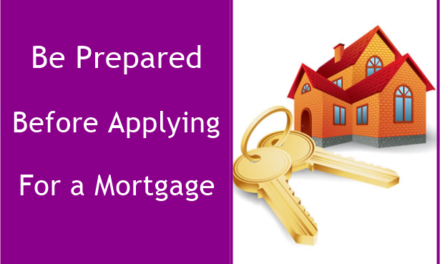Being self employed or owning your own business comes with many significant advantages. Flexible hours, unlimited income potential, and tax mitigation are a few that come to mind. And yet when it comes to debt and specifically your mortgage – the bank can treat you like an economic outcast. This is especially the case if you derive a modest income or are in the business start up phase. Here is how we can overcome your self employed status and get your mortgage approved.
The Obstacles
From an industry point of view – self employed mortgages have been targeted as part of the Canadian government’s efforts to tighten mortgage rules for all federally regulated financial institutions (big banks, trust companies, mortgage only lenders, etc.).
Although this feels unfair – as an honest business owner – there are many individuals who have abused the system to misrepresent their income.
The new rules directly affect if and how much of a mortgage you will qualify for. Here are some general guidelines:
1) Credit score – the new normal is a 680 beacon score. Anything less and your purchase price is reduced immediately due to the government’s debt service guidelines.
Example: Carl takes $40K a year in gross income from his business. With a credit score of 679 he will only be able to use 35% of his income towards the mortgage payment or $1,166.67 monthly for his mortgage, property taxes, and heat. This will give him the ability to service a mortgage of $180K.
However, if his credit score was just one point higher at 680 – we get to use 39% – which translates into an increase for a mortgage of $210K.
This means that one point on your credit score has the power to increase a mortgage amount by $30K.
2) Income Reporting – self employed individuals are always working to pay less tax legitimately. The problem lies in that the banks like to use that reduced reported income to see what mortgage you qualify for. This is detrimental to most business owner’s mortgage efforts.
This means that if you earn $40K – you may only show a taxable income of $10-15K and this translates into a $60-70K mortgage which won’t buy you a cardboard box in most of Canada’s major cities.
3) Business History – Another obstacle can be the amount of time your business has been operating. If you have less than 2 years reporting history, there is likelihood that a mortgage lender will decline your application.
The Solutions
In putting your best foot forward for your mortgage – there are a number of things a modest income self employed individual can do to position themselves for a mortgage approval.
1) Actively monitor your credit rating – this should go without saying for all Canadians, but it is imperative for the self employed. Visit the Equifax website and register your profile and then follow the instructions to download a copy of your personal credit bureau.
Ensure there are no errors that could be negatively affecting your score. If you are confused about how to get to the magical number of 680 – learn how you can you can fix or improve your credit rating.
2) Using a “Stated Income” to boost mortgage qualification amount – despite the ongoing restrictions, there is still available to self employed borrowers the stated income mortgage through Genworth Canada mortgage insurance. This allows you to use an income amount consistent with your position or industry towards mortgage qualification.
Again you will have to have a minimum 680 credit score to be able to be considered for this program.
3) Using other people’s credit, income, or job history – for a lot of self employed borrowers, the stark reality is that they will not qualify for a mortgage on their own merits.
This does not mean that there are not ways to succeed in your desire to purchase a home. It means that we need to explore the avenues that assist us in filling the gaps in our application.
The most common way is having a co-applicant or guarantor of the loan.
This can assist in overcoming all three of the major obstacles to a self employed mortgage. It happens when someone (usually family) comes along side you and backs up your mortgage with the strength of their credit, income, or job history enabling you to get the job done.
Self Employed Mortgage Success
As long as Canada’s real estate market remains strong, interest rates low, and property values continue to rise there will be a trend towards more mortgage restrictions for self employed borrowers. This means we need to be ever vigilant in proactively understanding how the rules affect your mortgage. Maintaining a strong credit score, keeping good records of your business activities, and making every reasonable effort to increase your income will all work together for a successful mortgage.





